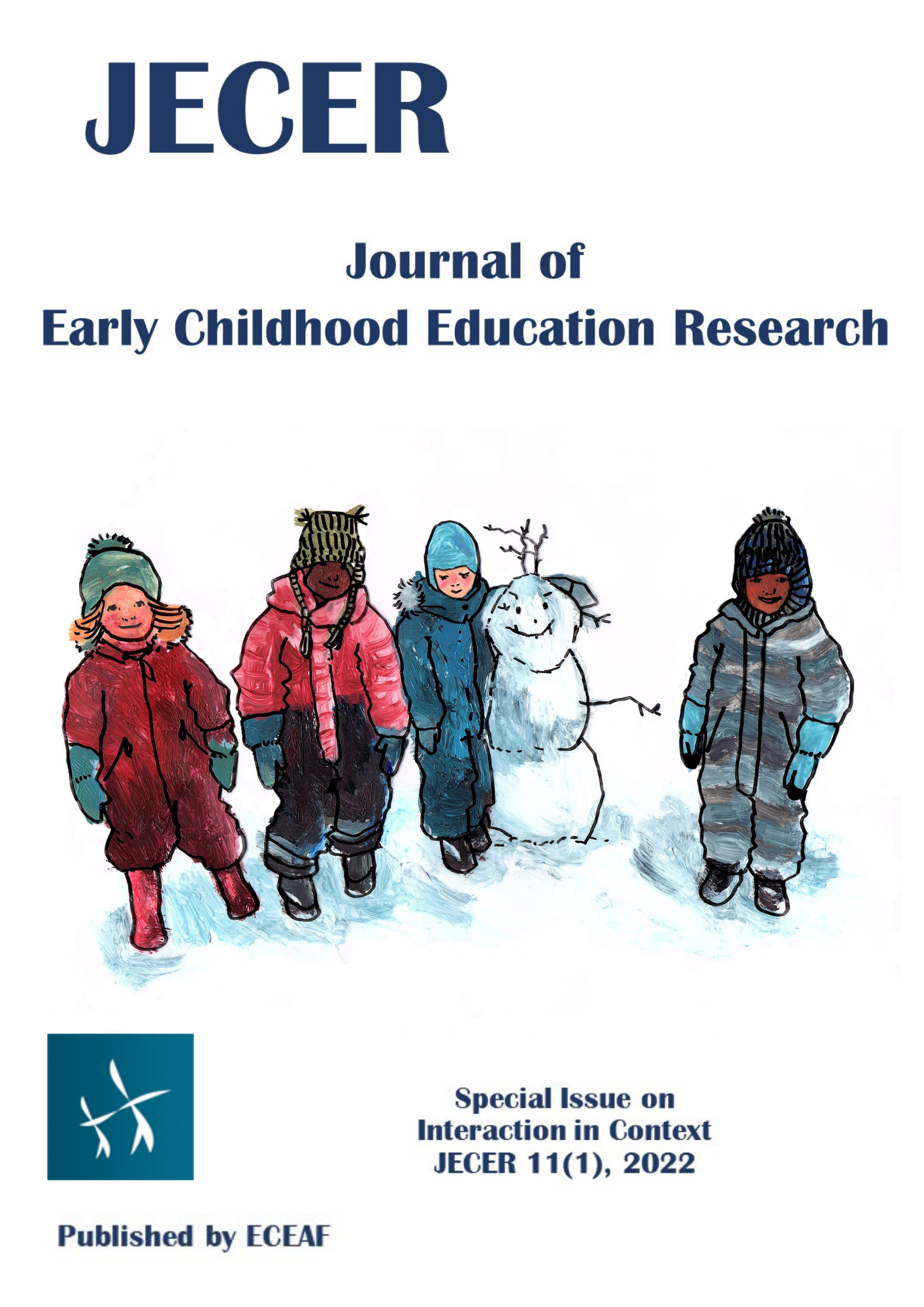Mielipahasta myötätuntoon – myötätuntotekojen rakentuminen varhaiskasvatuksessa
Keywords:
compassion, early childhood education, noticing distressAbstract
This study asks how acts of compassion are constructed in the context of early childhood education and care. The study is based on observations of the daily life of a group of 2-to-5-years old children in a kindergarten. The observations were conducted during a period of 10 days, making use of the method of collective and short-term ethnography. The data was analyzed with the Grounded Theory -method. The adults of the kindergarten noticed the children’s distress from their emotional expressions, behaviour or by hearing about what had happened to the children. The adults also took pre-emptive actions in anticipation of possible causes of distress, when the situation was interpreted to likely cause distress. In most instances, noticing the distress resulted in acts of compassion, but not always. The judgment of the situation appears to have had an impact on the occurrence of acts of compassion. In particular, the study advances knowledge about the means of noticing distress and the role of situational judgment in how compassion is enacted in early childhood education and care. Moreover, the findings complement the existing research on the formation of compassion and its elements in early childhood education and care settings.

